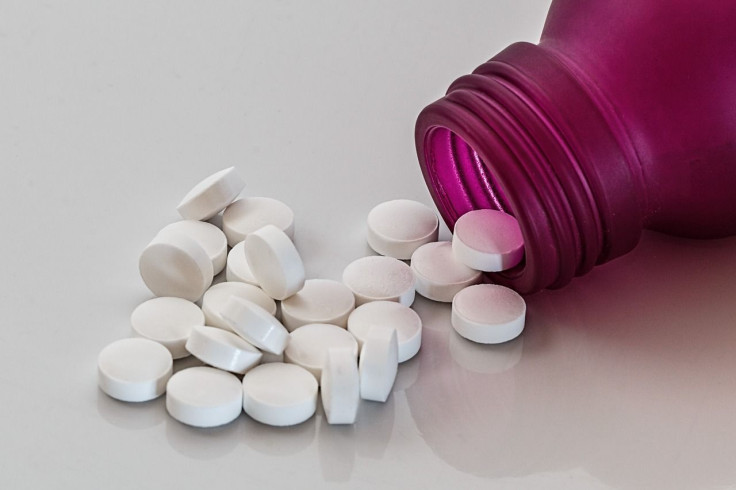Kroger, Walgreens Brand Pills Recalled Over 'Risk Of Poisoning'
KEY POINTS
- The recalled Walgreens product was sold exclusively at Walgreens stores nationwide
- The Kroger brand products were sold at Kroger and other stores
- Customers can contact the companies to find out how to get a refund
Kroger and Walgreens brand over-the-counter pills have been recalled because they pose a risk of poisoning to children.
The problem with the recalled products was that they failed to meet the child-resistant packaging requirement under the Poison Prevention Packaging Act (PPPA). This means there may be a "risk of poisoning" if young children somehow end up swallowing the pills, the Consumer Product Safety Commission (CPSC) announced.
Kroger added that the recalled products don't have a label that says, "This package is for households without young children."
The recalled products include two Aurohealth products: about 137,300 units of Walgreens-branded Acetaminophen, which came in 150-count bottles, and 25,660 units of Kroger-branded Arthritis Pain Acetaminophen in 225-count bottles. Time-Cap Labs has also recalled some 209,430 units of Kroger-branded Aspirin and Ibuprofen in 300- and 160-count bottles respectively, while Sun Pharma has pulled some 34,660 units of Kroger-branded acetaminophen in 100-count bottles off their shelves.
Customers can visit the CPSC website for more information on the recalls such as the affected UPC numbers, Lot numbers, expiration dates and even photos of the products' packaging. It also provides a list of stores where the products were sold. For instance, the Walgreens brand pills were sold exclusively at Walgreens stores nationwide, while the Kroger products were sold at several stores, including Kroger, JayC, King Soopers and Dillons.
There have been no reported incidents or injuries related to the recalled products. But those who have an affected product should keep it out of children's reach and sight. Customers can also call Kroger (800-576-4377) or Aurohealth (888-504-2014) for information on how to dispose of the product properly and to get a refund.
The goal of the PPPA is to reduce unintentional poisoning from medications and household products. Under the law, products such as prescription medications, over-the-counter medications, hazardous materials and other household products must have child-resistance packaging to prevent accidental ingestion of such products.
"The nature of this packaging would avert children of the age of five and younger from easy access and provide a protected container," noted the National Library of Medicine.

© Copyright IBTimes 2024. All rights reserved.





















